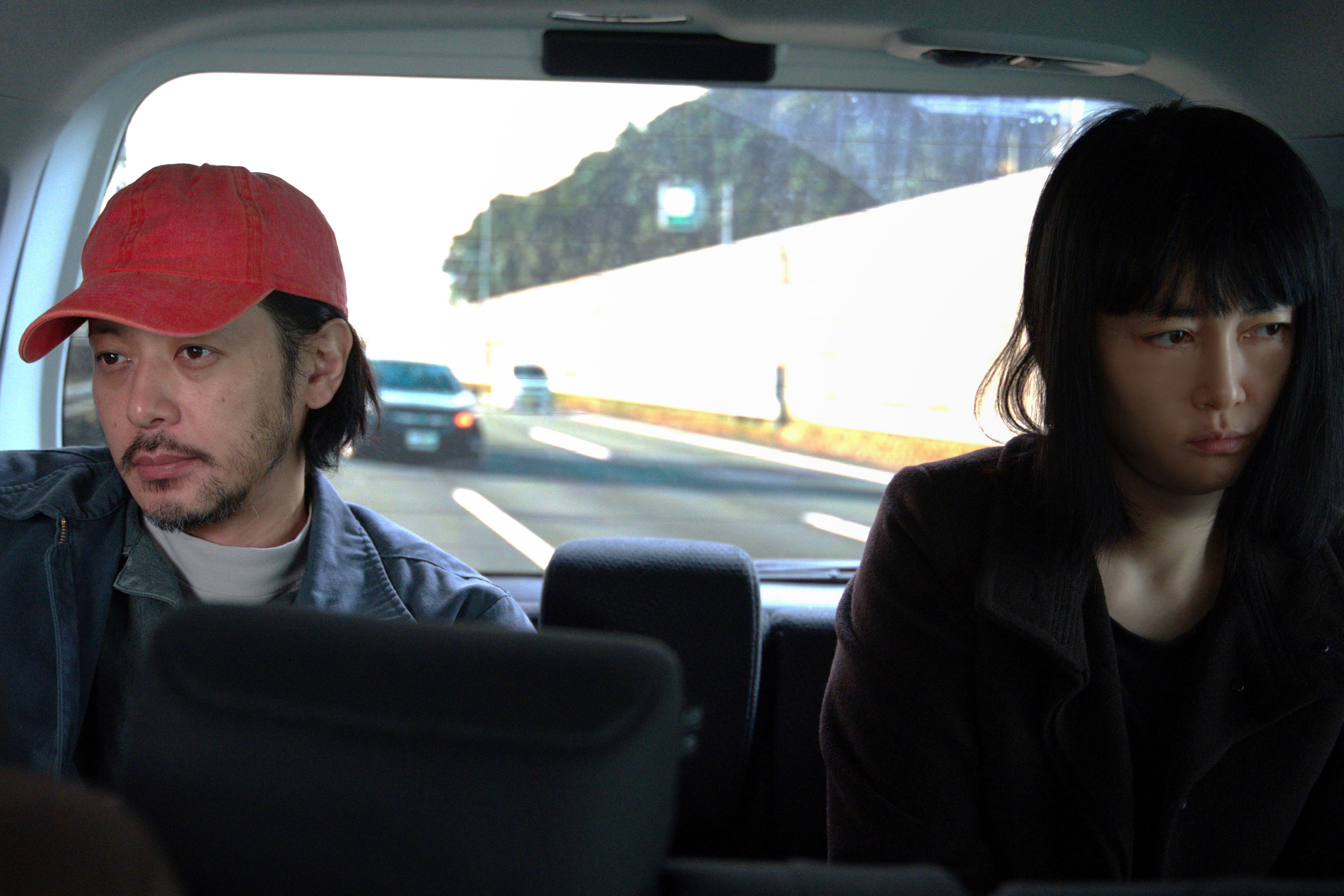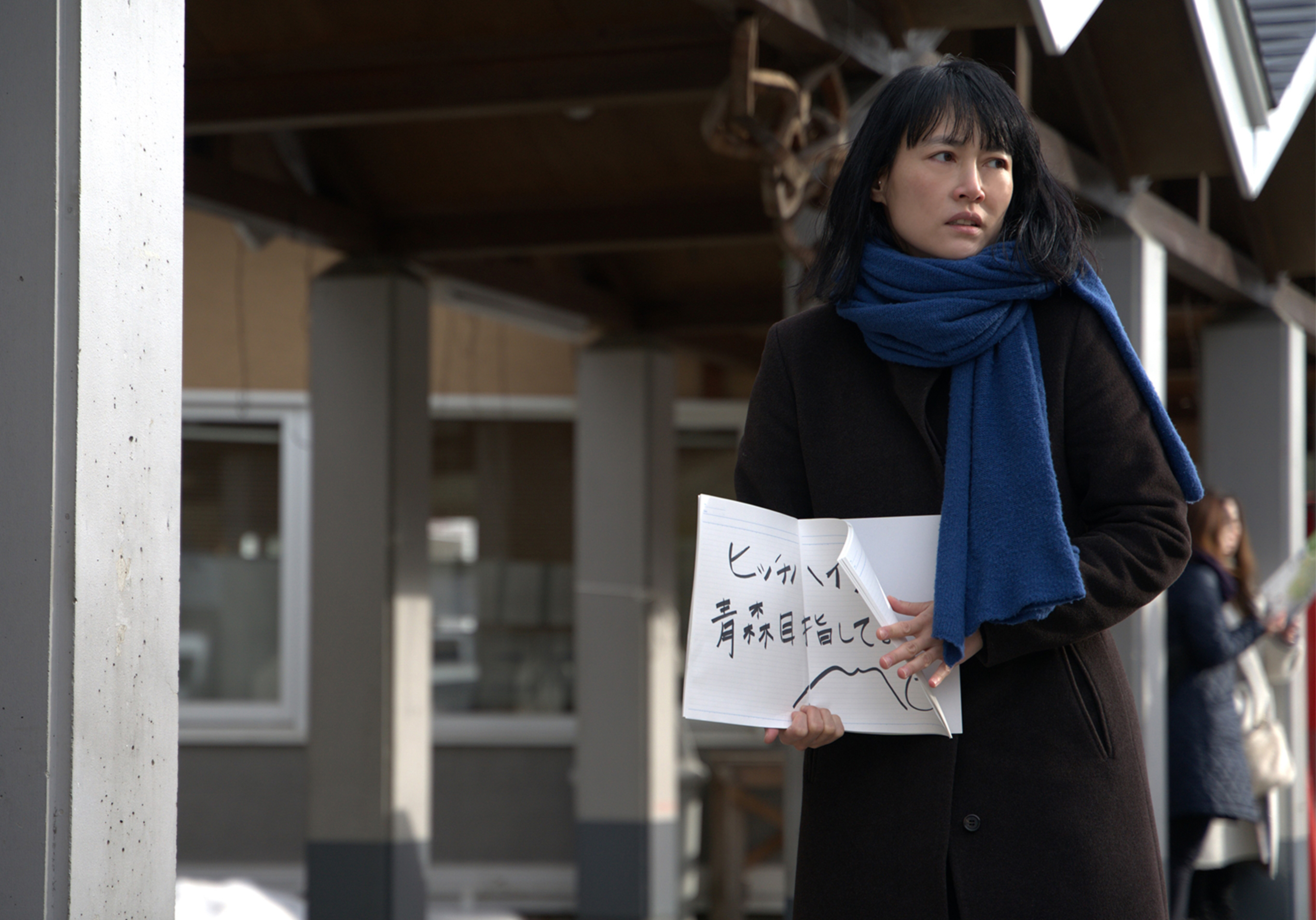
When it comes to the movies, the road trip is a classic, if not the premier, metaphor for the personal journey — emotional, physical, psychological and all of the above. Director Kazuyoshi Kumakiri’s Shanghai International Film Festival 2023 hit Yoko (it won prizes for film, screenplay and actress) exploits the language of the road to maximum effect in this stripped-down dissection of a Tokyo woman’s disappointments and regrets with her life, while closely examining how her frustration and pride pushed her family away and drove her behind closed doors.
Yoko isn’t a particularly joyful watch; it’s an insightful and thought-provoking one, and for some among us, the film’s nonjudgmental observations will make its mechanics forgivable.
READ MORE: HK school-leaving exams film fails to make a point
Forty-something online customer service worker Yoko (Rinko Kikuchi) lives a life entirely devoid of human contact. She’s among the growing number of Japan’s Lost-Decade “hikikomori” — social outcasts by choice. Yoko works, lives and survives online, to the degree that she’s forgotten how to communicate on the most basic level. One clumsy day — she shatters her mobile phone while collecting a delivery — her cousin Shigeru (Pistol Takehara) knocks on her door and tells her to pack a bag. Her estranged father (Joe Odagiri) has died, and Shigeru has come by to pick her up for the drive to her hometown in Aomori, 658 kilometers away. Shigeru is a family man, so when an accident involving one of his kids separates Yoko from the family car — with her bag in it — she ends up hitchhiking the rest of the way.

It is through her encounters with the various rides Yoko picks up that she reconnects with the rest of the world and reconciles with the trauma that kept her away from her family for over 20 years. It must be stated that the logic for this episodic road trip strains credibility. The plot makes sure that she meets the right people at the right moment. Yoko’s thematic efficacy will depend on how much disbelief the audience is willing to suspend.
Anyone willing to accept the plot contrivances as a means to an end (for instance, Yoko has to pass through the Fukushima disaster zone to get to where she’s going) will find a remarkably astute character study about crippling isolation, personal baggage and, thankfully, resolution and rebirth — all made palpable by Oscar nominee (for Alejandro González Iñárritu’s Babel in 2006) Kikuchi in a fully committed performance. Her abject inability to explain herself is equal parts irritating and heartbreaking, but also infuriating when we watch one character after another ignore a woman who’s clearly in some kind of distress. Kikuchi expresses Yoko’s oblivious detachment as if it were a health condition close to a handicap. She has no idea how to talk to her first ride, a divorced mother from Tokyo, or the adventurous young woman she gives up a seat to at another rest stop — a girl who reminds her of her younger self. Her dead-eyed resignation in an encounter with a manipulative white-collar businessman is frighteningly resonant. Kikuchi effortlessly cycles thorough Yoko’s stifled emotions.
ALSO READ: Smart, funny, sincere family fare
The film also hints at other ideas, including recognizing the breadth and depth of what constitutes trauma, examining modern gender dynamics and the definition of consent, as well as revealing the liminal space an entire generation of overeducated, underemployed, (and now) middle-aged, discontented people inhabit. Cinematographer Taku Kobayashi’s unfussy camerawork captures those spaces —the bland rest stops and unending gray highways — that Yoko comes across on her road to healing. Like Yoko, they’re bland, but they get the job done.


